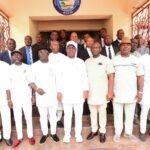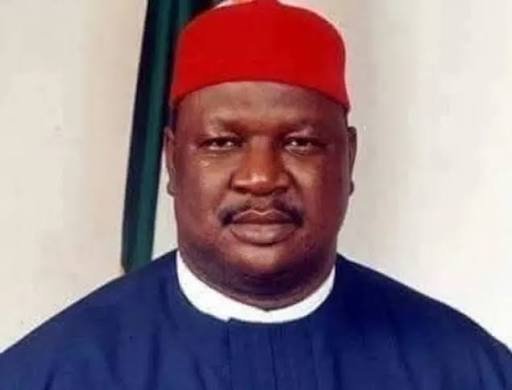By Ita Williams
The people of Cross River State have recounted the impact of the nationwide strike called by the Nigeria Labour Congress (NLC) and the Trade Union Congress (TUC) saying the President Bola Ahmed Tinubu led government is a total failure.
During the strike banks, government offices, and some petrol stations were shut, leaving residents in a state of uncertainty.
One bank customer, Florence Ben, expressed her frustration, saying, “even banks refuse to fill the ATMs. I don’t really know what they want us to do in this country. Our government is insensitive to people’s plight. In fact this government is a disaster and it shows that it was not the will of the people”.
Recounting their pains, they said the President Bola Tinubu’s led government is a total disaster and a misadventure considering its insensitive and no people oriented policies and programmes.
For a business owner, Mr. Okam Emmanuel, the strike has had a negative impact on his operations. He lamented, “to me, if this continues, people will move exodus to other countries.”
Angela Unoh, a petty trader, spoke about the toll the strike has taken on her small business saying “even before the strike, things have been so difficult for since Tinubu took over power. My business is not moving and with the strike things are worse. The president should address the cost of fuel and other things and not the national anthem”.
Similarly, Mr. Daniel Ofat, a commercial driver, shared his story, saying that the strike has made it difficult for his family to have even one square meal. This country is frustrating”.
Madam Theresa Abang expressed her concerns, stating, “ever since the inception of Tinubu, I have not even been able to travel to Okurikang to buy foo foo in bags as I used to. My capital cannot buy anything because of the high cost of things”.
Meanwhile , the Nigeria Labour Congress (NLC) and Trade Union Congress (TUC) have announced the suspension of the one-day-old strike for about a week.
The president of the TUC, Comrade Festus Osifo, made this announcement after a joint extraordinary national executive council meeting of the unions.
The nationwide strike was called to register the unions’ grievances over the hike in electricity tariff and the demand for a new minimum wage.
The strike had disrupted activities across the country, shutting down airports, seaports, and other critical sectors of the economy.
The unions’ decision to temporarily halt the action has provided a sigh of relief for the affected residents, who hope to see a resolution to the issues that led to the initial strike.















